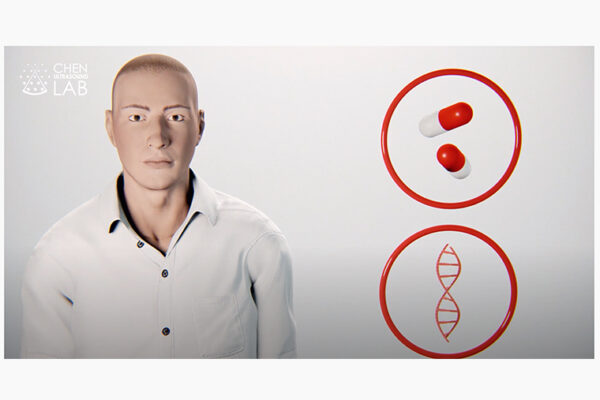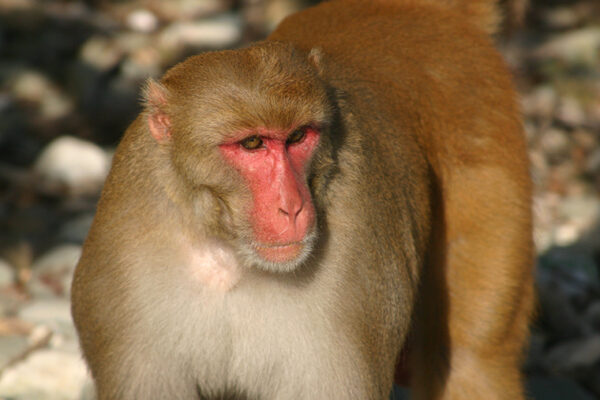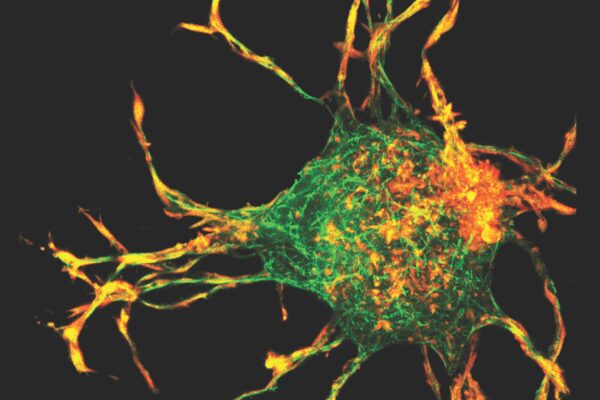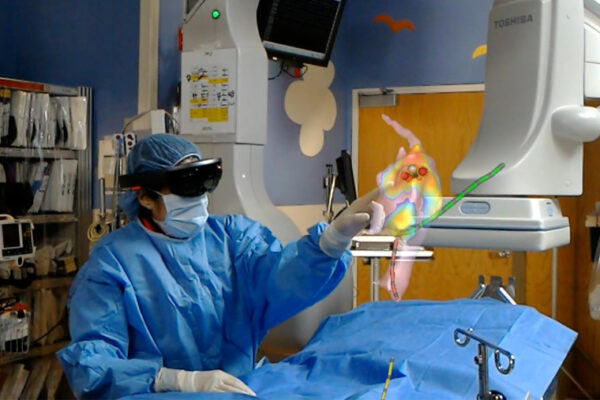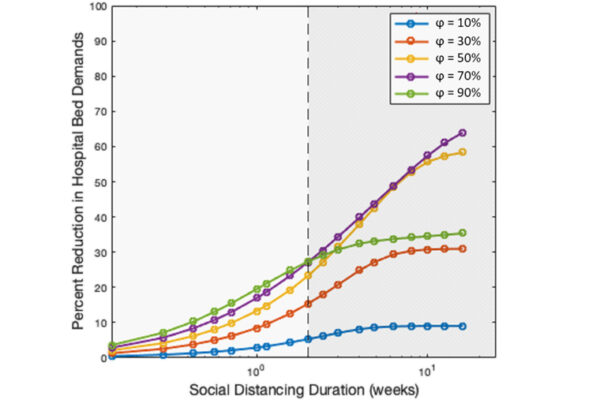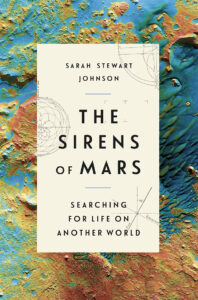Targeting ultrasound for noninvasive diagnosis of brain cancer
Researchers at Washington University in St. Louis are developing a method to diagnose brain tumors using ultrasonic energy — and no incisions. Lead researcher Hong Chen has received $2.5 million from the NIH to pursue further study.
Aging memories may not be ‘worse,’ just ‘different’
A study from the Department of Psychological & Brain Sciences in Arts & Sciences adds nuance to the idea that an aging memory is a poor one and finds a potential correlation between the way people process the boundaries of events and episodic memory.
Break it down: A new way to address common computing problem
A new algorithm developed in the lab of Jr-Shin Li at the McKelvey School of Engineering at Washington University in St. Louis provides a framework for solving complex linear inverse problems that doesn’t require a supercomputer and also enhances security and privacy.
Missouri Climate Dialogue scheduled Aug. 18
Washington University’s Climate Change Program (WUCCP), along with the University of Missouri–St. Louis, is co-hosting a series of virtual events to address climate and energy topics affecting the state of Missouri. The first is Aug. 18.
Monkeying around: Study finds older primates father far fewer babies
Older male rhesus monkeys sire fewer offspring. Sperm quality or quantity, or the survival of infants, may decline with the age of the would-be father, a new study from biological anthropologist Krista Milich in Arts & Sciences suggests.
New insights into wound healing
Research from a multidisciplinary team led by Washington University in St. Louis may provide new insights into wound healing, fibrosis and cancer metastasis.
WashU-developed holograms help physicians during cardiac procedure
A holographic display developed by researchers at Washington University in St. Louis improves physician accuracy when performing a procedure to treat irregular heartbeat.
Social distancing and COVID-19: A law of diminishing returns
Modeling from the McKelvey School of Engineering at Washington University in St. Louis shows how social distancing could have better been implemented. The key? Longer periods of distancing would have helped — but only to a point. More needed to be done.
Researchers focused on understanding virus transmission by aerosols
Nearly 240 scientists signed onto a letter urging the World Health Organization to recognize the airborne spread of COVID-19. Here’s what a signatory from Washington University in St. Louis has to say.
The Sirens of Mars
Searching for life on another world
Empathetic and evocative, The Sirens of Mars offers an unlikely natural history of a place where no human has ever set foot, while providing a vivid portrait of our quest to defy our isolation in the cosmos.
Older Stories
